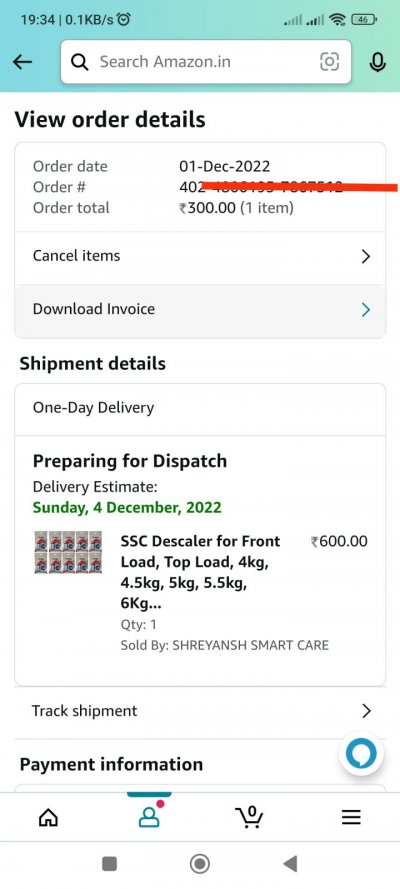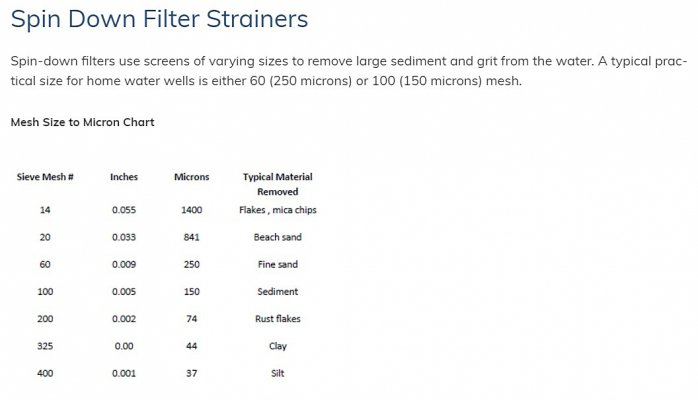I think he has scaling build up. It's common for hard water.
If he has hard water I would see it as a compounding factor. The problem essentially lies with his use of the machine. Detergents chosen and operating style. Let's see the photos
This is detergent buildup. That white stuff is the detergent used. Let's see what he said.
Always powder - white colored (mostly surf easy wash, sometimes tide), avoided blue color powder as I read somewhere they are not good for machine.
I mentioned not to use blue coloured detergent
here, only two months back.
hmm.. i thought its surf easy wash, or I forgot the branding, sorry, but I use it as its cheaper than other variants and its white is color

He's not using a detergent specifically for front loader. He's using a cheaper detergent. I mentioned earlier the problem with cheaper detergents, especially
unbranded could have high pH. If he used Surf easy wash then pH won't be the problem. Rather the problem is Surf Easy Wash
does not dissolve quickly. There is less water used in a front loader so the detergent dissolving quickly is essential. So the second issue with cheap detergents after pH is how fast they dissolve.
He says sometimes he used Tide. I mentioned why I don't like Tide
here which is P&G recommend this particular detergent for both top and front load instead of offering specialised variants as they do with Ariel or H-Unilever with Surf.
One difference between top load and front load detergents if you compare visually is the granules will be larger for top load than front load. Top load powder detergents will dissolve slower in a given volume of water than powders formulated for front loaders. Not a problem in top loaders as there is close to 7-10 times more water.
Now, see what he says next
Usually, we do quick wash (wash time 15min- 1 wash, 2 rise, 2 dry, normal temp water).
Very less time, Normal wash (wash time 60min, water temp set at 40 or 60 sometimes) is done. Its like 2 times per month.
He does quick washes and Sammy's quick washes are half as long as LG's. A mere 15 minutes

I assume normal temp means tap temperature ie. cold washes.
This is the second problem. Quick washes are not long enough to get clothes clean because quick washes don't give the detergent enough time to dissolve. In addition, washing cold will further impede dissolving. If the detergent does not fully dissolve how well can it clean? If it does not fully dissolve then you expect it to flush out but some of it lingers and builds up over time.
People coming from top loaders expect front loader wash cycles to be as quick forgetting much less water is used. They find the standard cycles too long, figure it isn't necessary and go with quick washes. But quick washes are for a handful of items only when you don't want to run a full load. They are not a substitute for a longer regular cycle. A lot of work has gone into designing those cycles and their duration. If you bypass them then you are the loser.
Avoid quick washes and stick to proper wash cycles like Cottons or similar depending on the fabric, don't wash cold but stick to warm or 40 degrees at a minimum for every wash. Long enough cycle and enough temperature. But he only did 40 degree washes twice a month.
Use a detergent formulated for front loaders and not some random cheap detergent and the buildup that accumulates from regular washing will be less.
I don't know if Surf Easy wash or whatever detergent he used has enzymes or not. If there are no enzymes then it uses more chemicals. This also means more buildup than otherwise. The matic detergents all have enzymes.
Our clothes are not that soiled as we do "quick wash" regularly (clothes worn only once or max twice)
My clothes are the same too. Medium soil sometimes there will be heavily stained items but I always stick to Cottons 40 for every cycle. I use 60 for sheets and towels and that happens at least once a week
The next is dosing
It's counterintuitive, but I suspect he's underdosing that's why the dirt on the tub is there. If the water was hard then underdosing will lead to more scale build-up. Or it could be the water temperature and short duration wash cycles weren't enough to clean much, to begin with, which means there could be overdosing over time to compensate. Leading to more buildup in the machine over time.
The reason my machine developed a smell is because i was underdosing. I used 20 grams for years. The smell was not strong but noticeable, like mildew, like old wet clothes. I've since upped it to 30 grams.
Two tablespoons or 30 grams is all you need for a full load. Same with liquids. Assuming you don't have hard water. The wash action on a front loader with a proper cycle, as opposed to a quick cycle, is so good that most fresh food stains will come out without any detergent.
Leave door near to close position, but not wide open (leaving door open is also done for only 20% of times after wash)
Descaling is also done very less times, may be once in an year.
But, Eco drum clean is used to be done may be once in 4 months - its around 90min "wash rinse and dry cycle" with high temp setting
The door was not left open after every wash.
In spite of 3 tub cleans per year still the residue is there. They bought you a couple more years of use otherwise this could have happened after five years. To me, it looks like this tub did not see too many hot washes. So a boil wash every month should be done. Just some fabric and max temps. Descaling once a year isn't enough. I would do it at least every 2-3 months.
The general rule with descaling of washing machines as well as dishwashers depends on water hardness
For hard water or hardness over 250ppm, descale every month
For medium water or hardness between 150-250ppm, descale every two months
For water hardness under 150ppm descale every three months
I use ppm to indicate the total hardness CaCO3 measured by that aquasol kit and not some TDS number.
Finally, he replaced the shocks as well. So paying attention to out-of-balance spins past the five year mark is important. If the shocks are giving way they will put additional stress on the spider as well as the bearing seal. If you find the machine a little more noisier than it should be on a full load spin then it might be time to replace the shocks.
My machine will be seven years old next month. I do on occasion hear a louder than usual spin but I can't tell if that is the sign of weakening shocks or just the odd unbalanced load. Something to watch in the coming months.
You see that black powder near the heating element. There will be aluminium oxide in it. It's very hard and is used for making sandpaper. A sure sign that a spider is failing is you discover some hard rough powder in the drain filter a year or so before failure.
I hear people using their washing machines more than 10 years and it sounds very magical to me.
He has a Sammy, He got seven years with his use. With proper use, why not 10 years or beyond without a spider ie. catastrophic failure?
Shocks will need to be replaced, possibly a bearings change. Issues with the console can occur within that time frame.





 but, areas here (coastal areas in general) has more content of salt in ground water , i guess
but, areas here (coastal areas in general) has more content of salt in ground water , i guess


 I assume normal temp means tap temperature ie. cold washes.
I assume normal temp means tap temperature ie. cold washes.